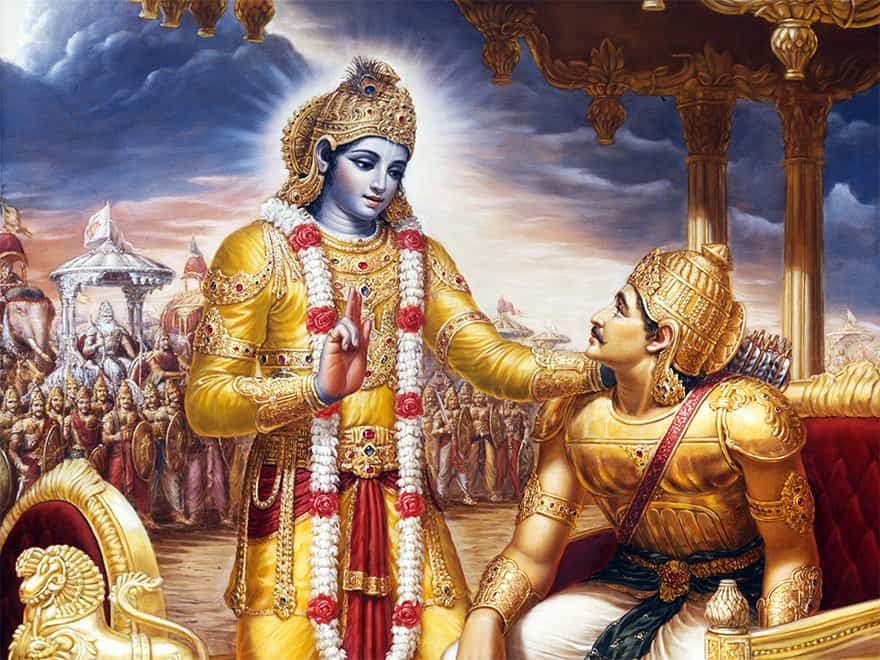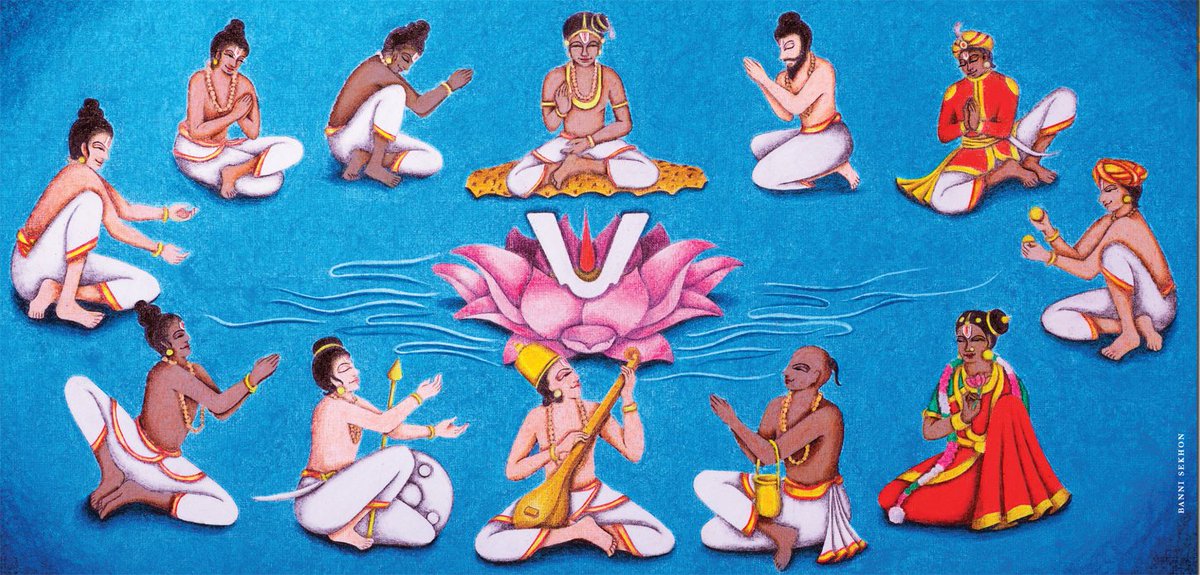
I'm sure if we take the date back a few centuries, we'd see that most food of the Old World depended on Pepper from India.
How do we know?
Pliny the Elder himself tells us!
"There is no year in which India does not drain the Roman Empire of 50 million sesterces"
#ShortThread
How do we know?
Pliny the Elder himself tells us!
"There is no year in which India does not drain the Roman Empire of 50 million sesterces"
#ShortThread
https://twitter.com/PraticOslo/status/1489289471963156484
Pliny goes on to complain about pepper.
"It is quite surprising that the use of pepper has come so much into fashion... pepper has nothing in it that can plead as a recommendation to either fruit or berry, its only desirable quality being a certain pungency"
"It is quite surprising that the use of pepper has come so much into fashion... pepper has nothing in it that can plead as a recommendation to either fruit or berry, its only desirable quality being a certain pungency"
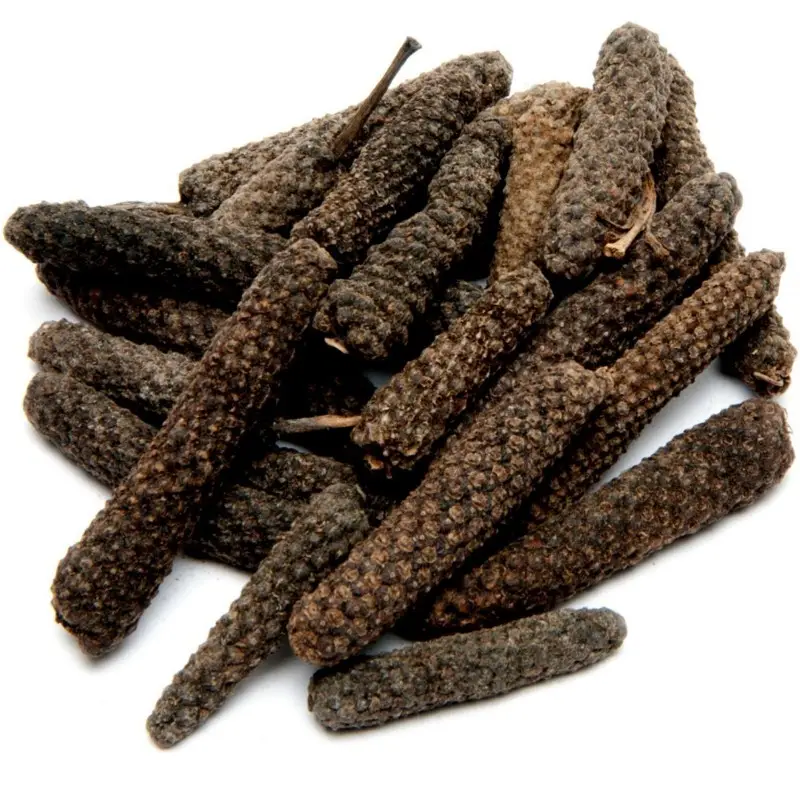
He continues, "and yet it is for this that we import it all the way from India! Who was the first to make trial of it as an article of food? and who, I wonder, was the man that was not content to prepare himself by hunger only for the satisfying of a greedy appetite?" 
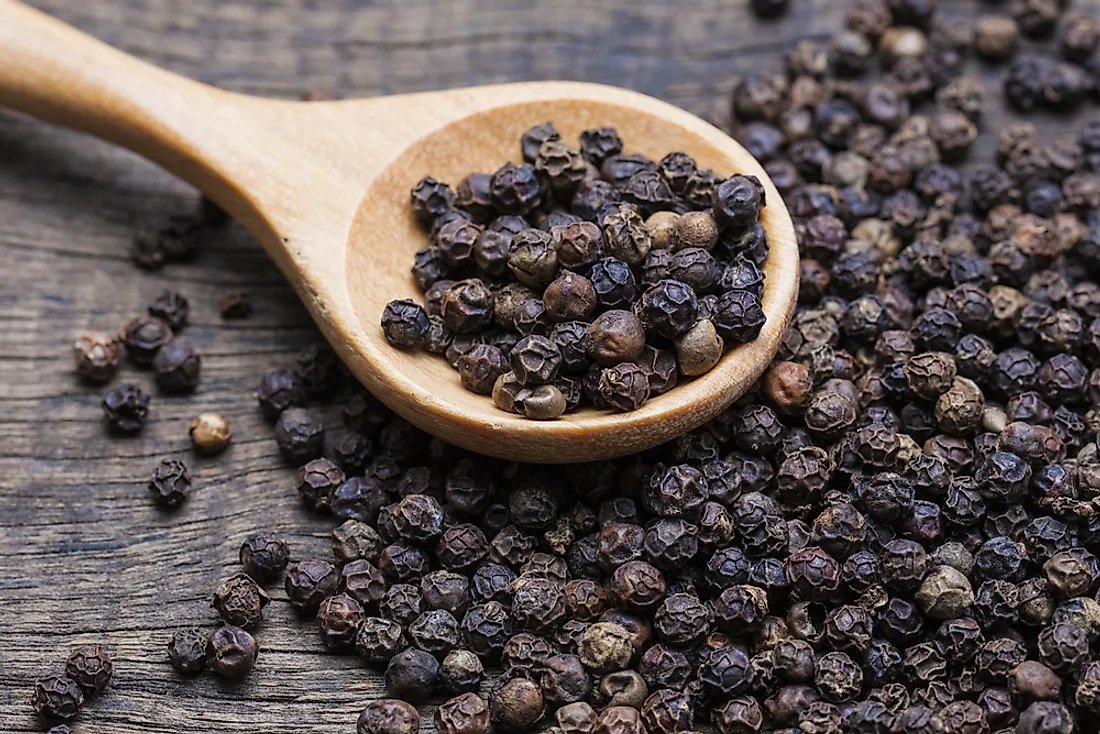
So, we can concur that pepper from India (both long and black pepper) was sufficiently spicy to cause significant heartburn to Pliny.
In fact, the word "pepper" itself comes from the Sanskrit "pippali".
In fact, the word "pepper" itself comes from the Sanskrit "pippali".

Most of this pepper came from Kerala and was traded through the glorious port of Muziris on Malabar coast.
Muziris finds mention in the Periplus (a travelogue of ports) of the Erythrean Sea (Red Sea).
Muziris finds mention in the Periplus (a travelogue of ports) of the Erythrean Sea (Red Sea).
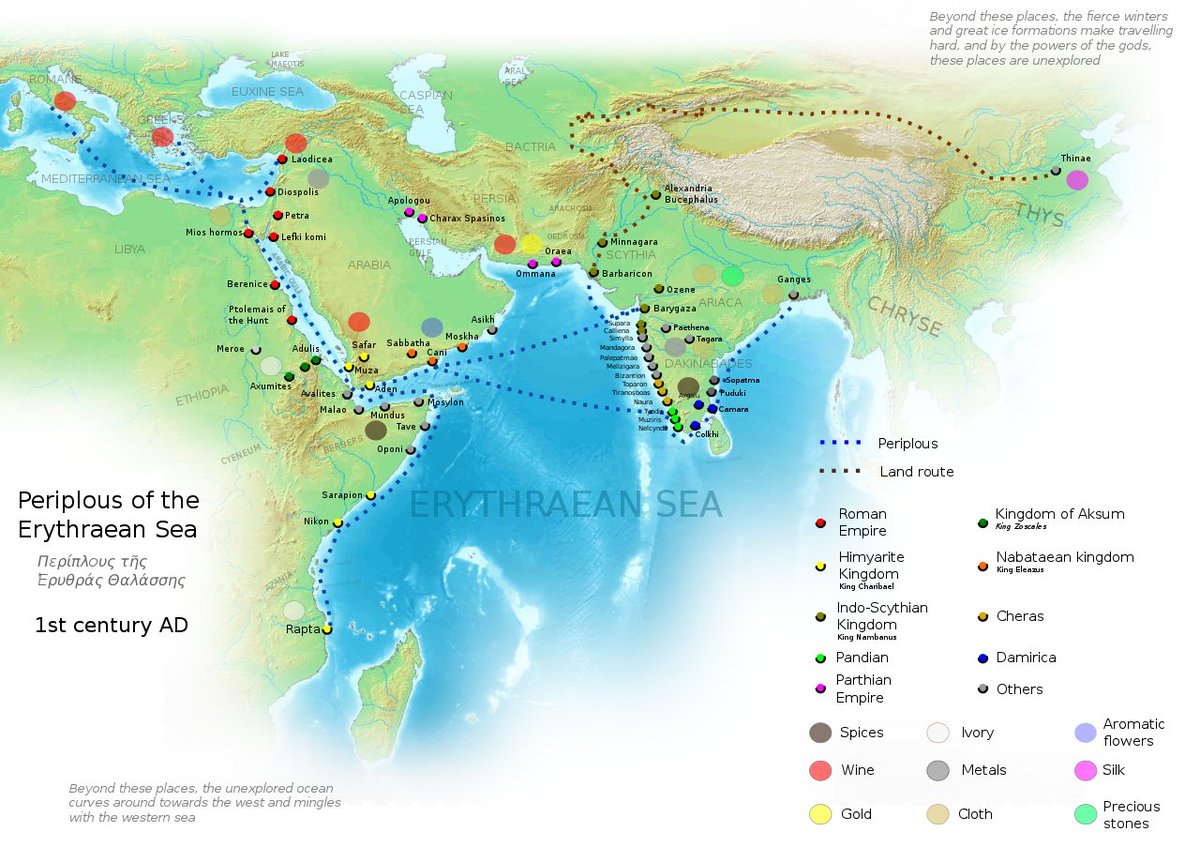
This black fruit (botanically, pepper is a fruit) caused so much irritation to Pliny the Elder.
It also formed the core of the Maritime Spice Route from Asia to Europe.
It also formed the core of the Maritime Spice Route from Asia to Europe.

Pepper was so valuable to Rome and Europe that it was used as ransom!
In order to lift the siege on Rome, the Visigoths headed by Alaric I demanded 5000lbs of gold, and 3000 lbs of Pepper (among other assorted things)
In order to lift the siege on Rome, the Visigoths headed by Alaric I demanded 5000lbs of gold, and 3000 lbs of Pepper (among other assorted things)

Even a millennium after Alaric, pepper was still in demand in Europe.
One could argue that the foundations of Venice, Genoa and several maritime republics stand on the strength of this dried black spice!
One could argue that the foundations of Venice, Genoa and several maritime republics stand on the strength of this dried black spice!
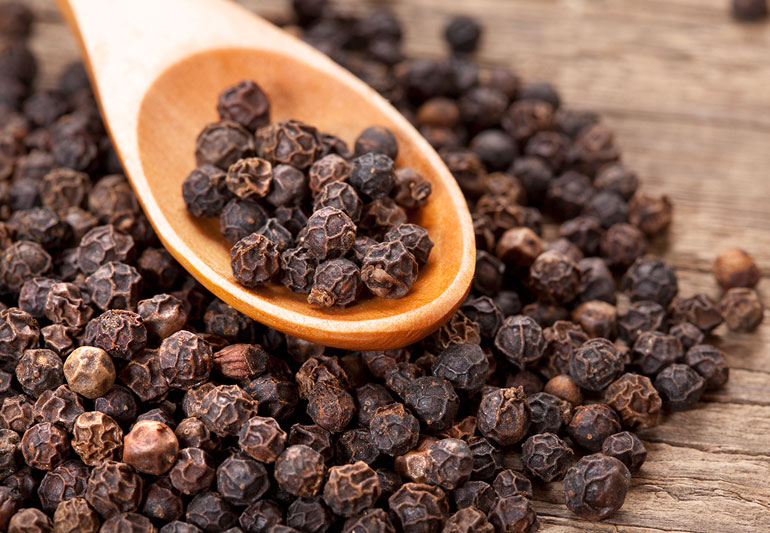
That famous sea voyage of Vasco da Gama was an attempt to discover an alternate sea route to the source of... you guessed it.
It was to get to the source of pepper and other assorted spices.
It was to get to the source of pepper and other assorted spices.
That of course, led to the Age of Colonialism and everything that followed.
But I'll stop here.
May our meals and lives be spiced up by this magical black seed, now and forever!
Thank you for reading!
But I'll stop here.
May our meals and lives be spiced up by this magical black seed, now and forever!
Thank you for reading!

Correction: Pliny did not say pepper was draining Rome by 50 million sesterces a year.
He said it was 100 million sesterces.
Double the heartburn, I assume!
Thank you,
@PrasunNagar
He said it was 100 million sesterces.
Double the heartburn, I assume!
Thank you,
@PrasunNagar
• • •
Missing some Tweet in this thread? You can try to
force a refresh








